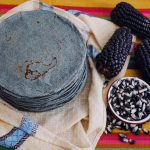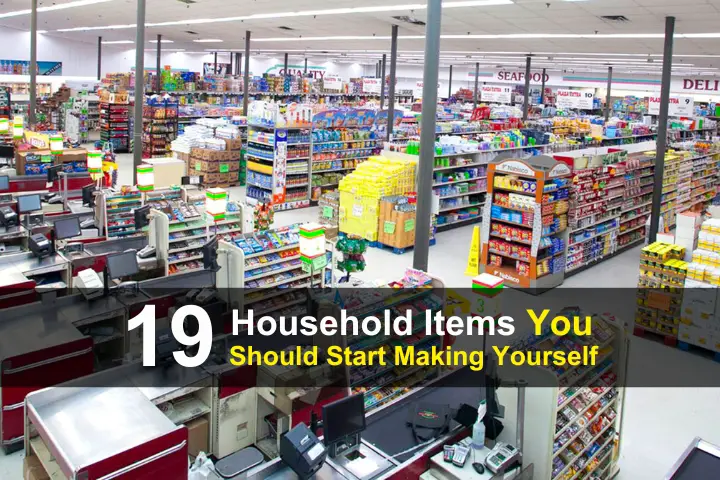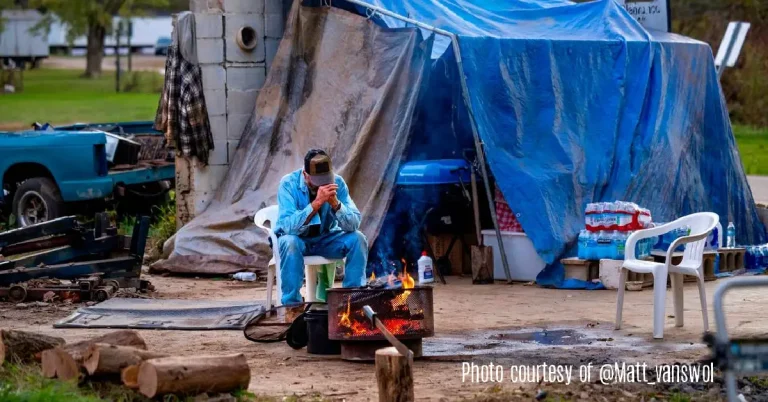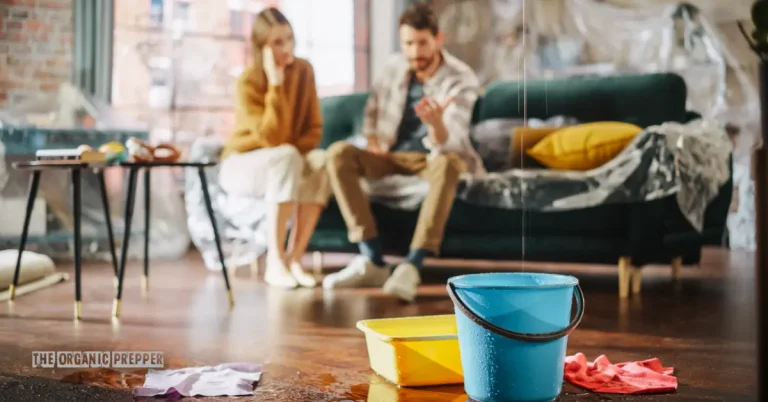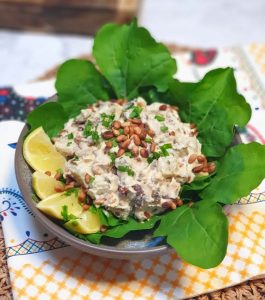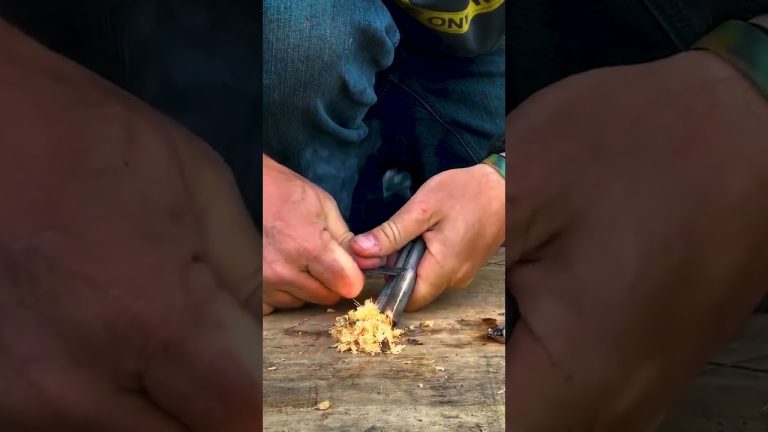Estimated reading time: 10 minutes
Making your own household items can save you a ton of money and make you more self-sufficient if the day comes when certain items are no longer available. In some instances, making your own items is surprisingly easy. Others take a bit of time and effort, but they’re still worth it.
Some of these fall in the category of personal care and hygiene while others are for general household cleaning and chores. There are significantly more, but on a daily or weekly basis, these tend to be the most often used and needed.
If you find yourself making one of those things that require some time and effort, like soap or toilet paper, the obvious solution is to make a lot of it. It’s not about making enough for a week, but for a year or more. If you’re taking the time to make the extra effort, you might as well think big.
What we’ll try and do is define the basic process and ingredients and then provide links to expanded and detailed information about how to make all of these things.
Want to save this post for later? Click Here to Pin It On Pinterest!
The Grid-Down Dilemma
On an ordinary day-to-day basis, it’s easy to find the materials and resources to make a lot of your own stuff. Hand sanitizer is a good example. All you need is some glycerin and rubbing alcohol in combination to make a product that tends to be more expensive than those two ingredients alone.
But if the grid is down and stores are closed or shelves are empty, you may not be able to buy the basic ingredients you need to make anything. For that reason, we’re going to offer as many alternatives as we can for making these items. Some will assume that you can buy stuff at a store, or maybe you have it on hand.
Other solutions will be more of a pioneer approach using natural materials that you find or produce like apple cider vinegar for general cleaning or animal fat and wood ashes to make soap.
We’ll also cover some substitutions that will allow you to improvise if resources are limited or not available. With that in mind, here are the various ways you can improvise many of the things you use every day.
All-Purpose Cleaner
Whether it’s cleaning countertops, sinks, or floors, a general all-purpose cleaner is a common product in every kitchen. There are a variety of approaches and most have disinfecting properties.
The pioneer approaches typically use vinegar as a primary cleaning and disinfecting ingredient. In a desperate environment, you may have to make your own vinegar, but we’ll get to that later.
In the meantime, here are some other all-purpose cleaners you can make:
Bug Spray
Homemade bug spray not only saves you money but also ensures you’re not exposing your family to harsh chemicals found in many store-bought products. For an effective DIY bug spray, essential oils such as citronella, eucalyptus, and lavender are excellent choices due to their natural repellent properties.
Here are some examples:
Candles
Making your own candles can be a delightful and soothing craft. Beeswax or soy wax are popular choices for DIY candle making due to their natural and eco-friendly qualities. The process involves melting the wax, adding any desired fragrances or essential oils, and then carefully pouring it into molds or containers with wicks positioned in the center.
You’ll find more detailed instructions below:
Deodorant
Some of these ideas are worth doing for everyday use right now and all the time.
Detergent
Laundry is inevitable and the price of detergents are rising like everything else. It’s smart and easy to make your own as a way to save money, and following any disaster, the dirty clothes really seem to pile up.
One of the key ingredients that most laundry detergent recipes call for is Borax. It’s easy to buy at a store or online, but if you’re going the pure pioneer route, you’ll have to grow your own borax crystals first.
Here are some basic laundry detergent recipes and in a pinch, you can always use some of that soap we just covered.
Dish Soap
Creating your own dish soap is a straightforward alternative to commercial dish soaps. With just a few ingredients like distilled water, Castile soap, and baking soda, you can make soap that’s gentle yet effective.
Floor Cleaner
DIY floor cleaners are a cheap and efficient way to keep your floors spotless. A simple mixture of vinegar, water, and a drop of essential oil (like lemon for its degreasing properties and fresh scent) can be used to clean most hard floors safely and effectively.
Hand and Body Lotion
These are moisturizers that preserve overall skin health, particularly for people who work outdoors for any length of time. Some have medicinal properties derived from various herbs and plants as well.
Hand Sanitizer and Disinfectants
A couple of years ago, the whole idea of hand sanitizers showed up as an occasional solution that we used from time to time. Today many of us have bottles of the stuff all over the place. There’s an easy way to make it that’s much cheaper than many of the hand sanitizer products you see.
Ink
If you’ve ever torn apart every drawer in the house looking for a pen that works, you could always make your own ink. It’s actually pretty easy, and even Martha Stewart weighs in with her version. Now all you have to do is find a turkey quill in one of those drawers to dip into your ink.
Insect Repellent
A surprising number of plants naturally repel bugs and that includes mosquitoes, but it’s not just about citronella. What’s great about many of these solutions is that they only require simple and easily found materials or plants.
Mouthwash
Homemade mouthwash is way cheaper than store-bought options. A simple recipe involves mixing peppermint oil for freshness, baking soda to neutralize acids, and water. You can add a drop of tea tree oil for its antibacterial properties, making your mouth even cleaner.
Here are some good mouthwash recipes:
Shampoo
Okay, so some of us just use a bar of soap in the shower when there’s no shampoo, but maybe it’s time to skip the soap and make your own shampoo.
Soap
The fundamental recipe for most soap is a combination of an oil or fat with lye. In some instances, fragrances from herbs or flowers are added, or exfoliates like pumice. How you approach making your own soap is up to you, whether it’s just to learn a new skill or satisfy an unmet need following a major disaster.
Sunscreen
How often do we squeeze a tube of sunscreen only to find it’s empty? Here’s how to make your own and adjust the level of blockage to suit what you need.
Toilet Paper
If there’s one thing the Covid pandemic taught us, it’s that people panic at the thought of a life without toilet paper. The next time there’s a run on the rolls, you’ll be ready with these varying approaches and ideas about the precious tissue.
Toothpaste
You can make it to look like the stuff that comes out of the tube or consider some time-tested and proven alternatives.
Vinegar
Making your own vinegar can be a very rewarding project. It’s a lot more involved and time-consuming than most of the other items in this list, but there are step-by-step instructions out there:
Window Cleaner
Glass cleaner is yet another household item that is usually overpriced. You can make your own for very little. Here are some examples:
This Stuff is Worth Knowing
It doesn’t have to be a natural disaster that turns us towards improvised pioneer solutions for basic household goods. The way prices are going up on everything, it might be worth a bit of time to try some of these ideas even, if it’s just to save a little money.
You may even find your homemade alternatives are better than what you’ve been buying at the store. Even if they’re only “just as good” it’s a good bet your home-brewed alternatives will be a whole lot cheaper.
Like this post? Don’t Forget to Pin It On Pinterest!
You May Also Like:






